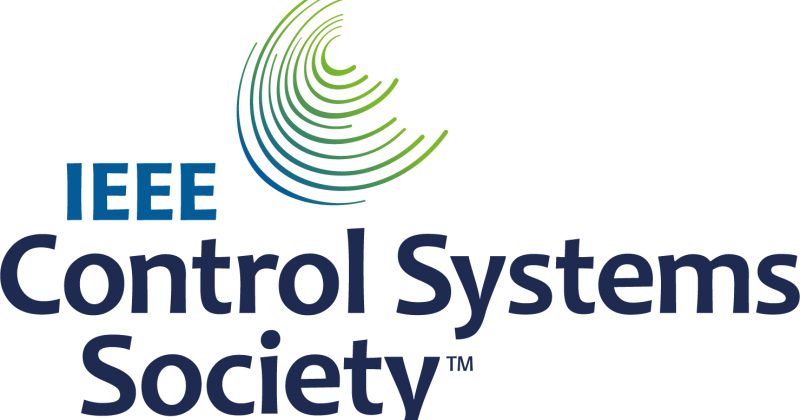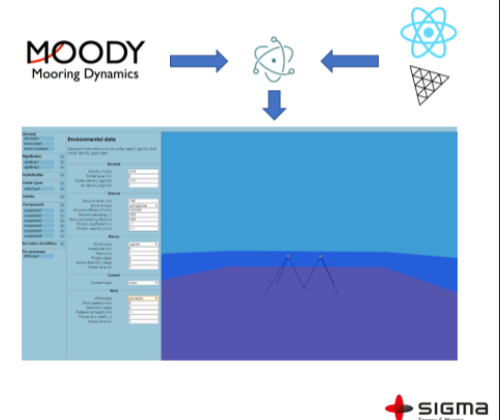
Read our latest article on Control Co-Design (CCD)!
Control-inspired design involves leveraging control theory principles to enhance engineering systems. By using feedback control, we can create systems that adapt and self-correct to changing conditions. This innovative approach, known as Control Co-Design (CCD), focuses on redesigning dynamics and subsystem interactions for improved performance, reduced design time and cost, and increased reliability.
In our recent paper, by Josefredo Gadelha da Silva, Matheus Golz, Thalita Nazaré, Marcio J. Lacerda and Erivelton Nepomuceno, and part-funded by Science Foundation Ireland, and Maynooth University's John and Pat Hume Scholarship, we reviewed 197 articles on CCD, highlighting its applications in renewable energy, vehicular and aircraft control systems, and communication systems. Our review offers a comprehensive introduction to CCD, summarizing key developments and discussing current trends and benefits.
We also present a theoretical example of CCD in a Hybrid Wind-Wave Platform (HWWP), exploring the intricate interplay between aerodynamic and hydrodynamic design domains and their control challenges.
We'd love to hear your feedback!
https://lnkd.in/e3DQV3mq...









